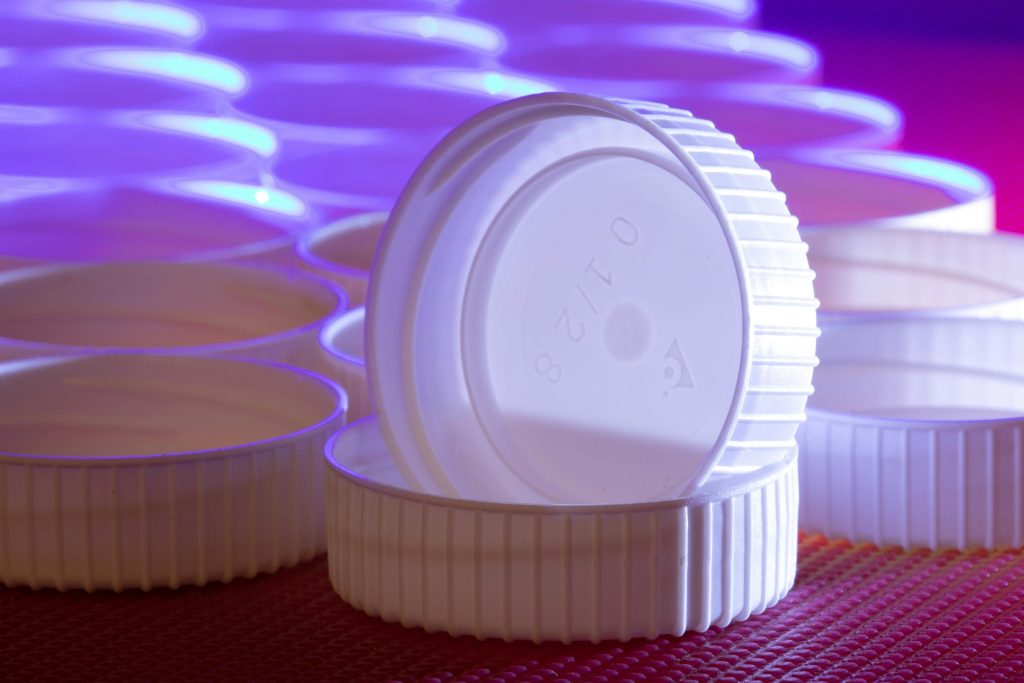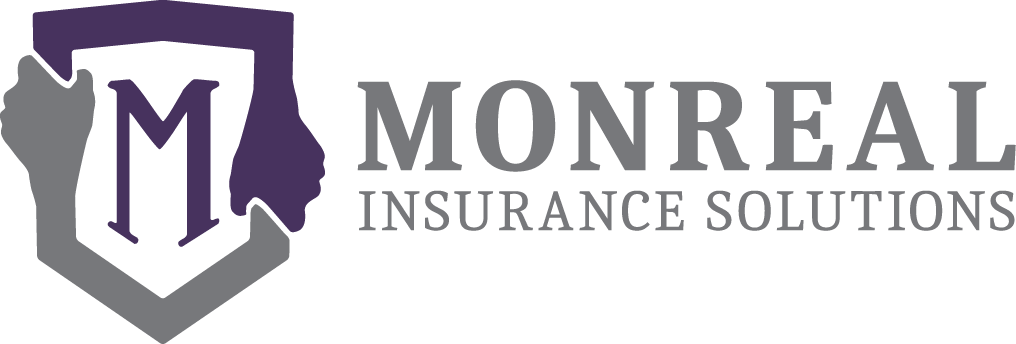
Plastic manufacturing is one of the most dynamic and high-risk sectors in industrial production. From extrusion and molding to packaging and distribution, every stage of the process involves potential hazards. Whether you run a small fabrication shop or a large-scale production facility, having comprehensive insurance tailored to the plastics industry is essential for protecting your assets, employees, and future.
Why Is Insurance Crucial for Plastic Manufacturers?
According to the U.S. Bureau of Labor Statistics, the plastics and rubber product manufacturing sector reported an injury incident rate of 2.9 per 100 full-time workers in recent years—slightly higher than the average for all manufacturing industries. In addition, with the cost of product liability claims averaging $7.6 million and commercial property premiums increasing over 12% since 2022, many manufacturers are facing growing financial exposure.
Plastic producers also face mounting pressure due to environmental regulations, supply chain disruptions, and workplace safety mandates. Insurance not only cushions against these risks but also ensures regulatory compliance and financial continuity after unexpected losses.
Top Risks Faced by Plastic Manufacturers
1. Fire and Explosion Hazards
Plastic manufacturing often involves flammable materials such as resins, solvents, and dust particles. Processes like extrusion, injection molding, and thermoforming require high temperatures, which increase the risk of fire or explosions.
Why this matters:
-
Fires can cause millions in property damage.
-
Business interruption from fire can last weeks or months.
-
Regulatory fines may follow if safety protocols are found lacking.
Example: A fire in a California plastics molding facility in 2022 caused over $5 million in damage and shut operations for 3 months, impacting clients and payroll.
Insurance Relevance: Commercial property insurance and business interruption insurance are critical in these scenarios.
2. Workplace Injuries and Safety Hazards
Workers face daily exposure to heavy machinery, sharp tools, hot molds, and potentially toxic fumes. Despite safety training, accidents still happen, from crushed fingers to chemical burns.
Why this matters:
-
OSHA penalties for safety violations can reach tens of thousands of dollars.
-
High workers’ comp claims increase insurance premiums.
-
Injured employees may be out for extended periods, hurting productivity.
Data Point: The plastics industry has a workplace injury rate of 2.9 cases per 100 full-time workers—above average for U.S. manufacturing.
Insurance Relevance: Workers’ compensation insurance is mandatory in most states and protects both the employer and employees.
3. Product Liability and Recalls
Plastic products are used across medical, automotive, packaging, and construction industries. If a product is defective, contaminated, or fails in performance, manufacturers can be held legally and financially responsible.
Why this matters:
-
Product recalls damage reputation and consumer trust.
-
Lawsuits for bodily injury or property damage can cost millions.
-
Manufacturers may be liable even when a downstream partner is at fault.
Example: A plastic parts supplier for an automotive company faced a $2 million lawsuit after a defective housing unit led to engine overheating and vehicle fires.
Insurance Relevance: Product liability insurance protects against legal costs, settlements, and recall expenses.
4. Environmental Liabilities
Plastic waste, chemical runoff, and air emissions pose significant environmental risks. Government agencies such as the EPA and state regulators strictly monitor compliance.
Why this matters:
-
Cleanup costs from chemical spills can exceed $100,000.
-
Fines for environmental violations are rising.
-
The rise of microplastic awareness could lead to new litigation trends.
Example: A facility in Texas was fined $250,000 for untreated water discharge that affected a local river ecosystem.
Insurance Relevance: Environmental liability insurance helps cover clean-up, legal defense, and regulatory fines.
5. Supply Chain Disruption
Plastic manufacturers often depend on global suppliers for resins, additives, and colorants. Disruptions due to geopolitical events, pandemics, or shipping delays can halt production.
Why this matters:
-
Even a short delay can impact delivery to clients and lead to breach of contract claims.
-
Just-in-time manufacturing makes companies more vulnerable.
-
Inventory shortages lead to increased material costs.
Insurance Relevance: Contingent business interruption coverage can help mitigate losses from supplier issues.
6. Cybersecurity Threats and Technology Failures
As manufacturing becomes more automated and digitally integrated, cyberattacks are a growing concern. Hackers target control systems, customer data, and intellectual property.
Why this matters:
-
Ransomware attacks can shut down production.
-
Data breaches can result in legal liability and reputational damage.
-
Replacing or repairing systems can be costly and time-consuming.
Example: A Midwest plastic manufacturer lost over $400,000 in downtime and legal expenses after a ransomware attack encrypted its production management software.
Insurance Relevance: Cyber liability insurance can cover data breach response, business interruption, and ransom payments.
7. Equipment Breakdown and Downtime
Plastic manufacturing relies heavily on specialized equipment like injection molders, extruders, and robotics. Equipment failure can cause major delays and costly repairs.
Why this matters:
-
Unplanned downtime affects delivery schedules and client contracts.
-
Replacement parts can take weeks to arrive.
-
Rental costs for temporary equipment can skyrocket.
Insurance Relevance: Equipment breakdown insurance covers repair or replacement costs and may include loss of income due to stoppages.
8. Regulatory Compliance Risks
The plastics industry is subject to evolving rules on environmental impact, workplace safety, labeling, and recycling. Falling behind on compliance opens the door to fines and legal issues.
Why this matters:
-
Frequent audits require documentation and proof of compliance.
-
Failure to comply can lead to shutdown orders or product bans.
-
Regulations vary by state, increasing complexity for multistate manufacturers.
Insurance Relevance: Management liability insurance (D&O, EPLI) helps protect decision-makers and the company from compliance-related claims.
Plastic manufacturers operate in a high-stakes environment with complex and interconnected risks. From fires and workplace injuries to cyberattacks and legal challenges, the cost of being underinsured or uninsured can be devastating. A tailored insurance portfolio not only safeguards your assets but also gives you peace of mind to focus on growth, innovation, and long-term sustainability.
Key Insurance Coverages to Consider
-
General Liability Insurance
Covers third-party claims for bodily injury, property damage, or legal expenses. -
Product Liability Insurance
Protects against claims resulting from product defects or harm caused by items you manufacture. -
Commercial Property Insurance
Provides coverage for your physical assets, including machinery, buildings, inventory, and raw materials. -
Workers’ Compensation Insurance
Mandatory in most states, this covers medical expenses and lost wages for injured employees. -
Commercial Auto Insurance
Essential for businesses with delivery vehicles or transport fleets. -
Business Interruption Insurance
Covers loss of income and operational costs during downtime from a covered incident. -
Environmental Liability Insurance
Helps cover clean-up costs and fines related to pollution or regulatory violations.
Cost Considerations
Insurance costs vary depending on company size, location, operations, and claims history. Typically, manufacturers spend between 0.5% and 1.5% of their annual revenue on insurance. However, costs can increase significantly without proper safety protocols, maintenance, or risk management.
How Monreal Insurance Solutions Can Help
At Monreal Insurance Solutions, we specialize in custom insurance solutions for manufacturers, including those in the plastics industry. We evaluate your risks, recommend essential coverages, and help you save money through proper planning and carrier selection.
For more info, text or call Monreal Insurance Solutions at (909) 757-1311.
Protect your business before it’s too late.
